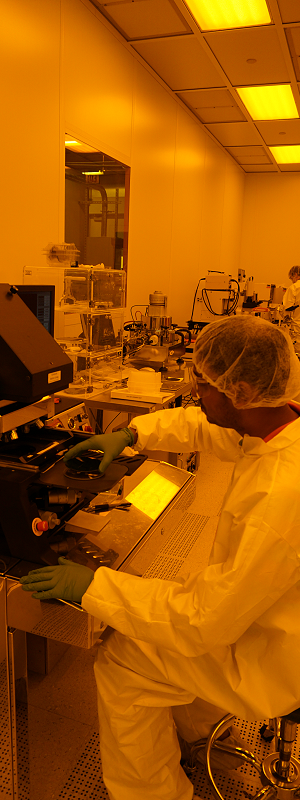UMD research team are developing tools that promise powerful new ways to combat catheter-based and other infections

An interdisciplinary team of researchers at the University of Maryland, including Reza Ghodssi (ECE/ISR) , William Bentley (IBBR), Herman Sintim (CHEM), and Gregory Payne (BIOE/IBBR), along with Deutsch Fellow graduate students Mariana Meyer and Varnika Roy and chemistry graduate student Jacqueline Smith, are developing tools that promise powerful new ways to combat catheter-based and other infections without provoking bacterial resistance to antibiotics. The team has developed synthetic "analogs" of AI-2 called C-1 alkyl AI-2, with an ethyl version that strengthens the QS response, and a propyl version that quenches it. They have shown that their prototype drug can control QS response in a three-species synthetic ecosystem comprised of the bacteria E. coli, S. typhimurium and V. harveyi, working in the individual species and across the species. E. coli is a common source of infection in urinary catheters. The Clark School of Engineering press release, titled "Preventing Costly, Life-Threatening Catheter Infections" was featured in the Baltimore Business Journal, PharmaLive, Market Watch, and CBS's KFMB-8 San Diego.

